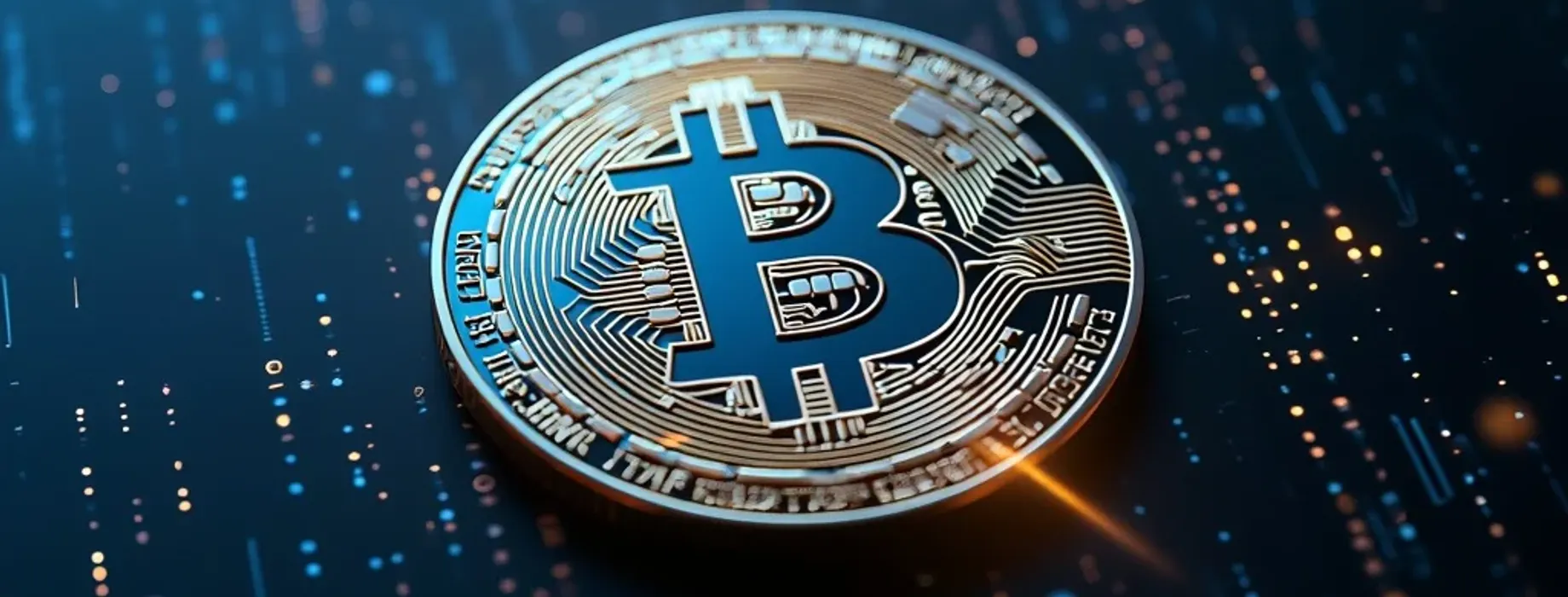- Lack of Intrinsic Value: Bitcoin not tied to any physical asset or entity
- Speculative Nature: Price driven by market speculation
- Volatility: Extreme price fluctuations
- Lack of Government Backing: No official backing from any central authority
Is Bitcoin Worthless? An In-Depth Look at the Debate

The assertion that bitcoin is worthless—a provocative claim—has ignited discussions among investors, economists, and tech aficionados. We will explore the dynamics fueling this debate, scrutinize the arguments supporting and opposing this viewpoint, and consider the ramifications for traders and investors on platforms such as Pocket Option.
Article navigation
- The Origins of the “Bitcoin is Worthless” Argument
- Bitcoin’s Value Proposition: The Counterarguments
- Pros & Cons of Bitcoin
- The Role of Pocket Option in Navigating Bitcoin Markets
- The Impact of Bitcoin’s Perceived Worthlessness on Investment Strategies
- Bitcoin Worthless? Examining Historical Price Trends
- Future Scenarios: What Could Happen Next?
The Origins of the “Bitcoin is Worthless” Argument
The notion that bitcoin lacks intrinsic worth is not a novel concept. Detractors, including esteemed economists and financial experts, frequently cite its lack of backing by a tangible commodity or government. Its value hinges on market willingness to pay for it, prompting some to label it speculative and thus devoid of true value. This skepticism is intensified by bitcoin’s price volatility, raising doubts about its dependability as a value store.
Bitcoin’s Value Proposition: The Counterarguments
Conversely, bitcoin advocates assert that its worth lies in its utility and innovation. Bitcoin provides a decentralized, secure, and borderless means of value transfer, attracting those wary of centralized financial institutions. Moreover, its finite supply—capped at 21 million coins—creates rarity, which some argue is the foundation of its value. This scarcity, along with increasing business acceptance, indicates a possibility for continued demand.
- Decentralization: Eliminates the need for intermediaries like banks, granting financial autonomy.
- Security: Blockchain technology guarantees transaction integrity, mitigating fraud risks.
- Scarcity: Limited supply may boost value over time, akin to precious metals.
Pros & Cons of Bitcoin
- Pros: Decentralization, Security, Scarcity, Borderless Transactions
- Cons: Volatility, Lack of Intrinsic Value, Speculative Nature, Regulatory Uncertainty
The Role of Pocket Option in Navigating Bitcoin Markets
Platforms such as Pocket Option present traders with the opportunity to engage with bitcoin and other cryptocurrencies through rapid trading. This approach allows for speculative trading on price shifts without owning the underlying asset. Pocket Option’s intuitive interface and a wide array of asset offerings attract those eager to leverage bitcoin’s volatility. By equipping traders with tools and resources, Pocket Option aids in informed decision-making within the volatile bitcoin landscape.
Interesting Fact: Were you aware that the true identity of bitcoin’s creator, Satoshi Nakamoto, remains one of the tech world’s greatest enigmas? Despite extensive investigations, the real person behind this pseudonym has never been confirmed. This mystery adds a captivating layer to bitcoin’s story, fueling curiosity and speculation about the creator’s motives and future intentions.
The Impact of Bitcoin’s Perceived Worthlessness on Investment Strategies
The notion that bitcoin holds no intrinsic value shapes investment strategies in various ways. Risk-averse investors might shy away from it due to its volatility and uncertainty, opting for stable investments with predictable outcomes. Conversely, speculative investors might view the controversy as an opportunity to capitalize on price swings, engaging in short-term trading to exploit volatility.
- Risk-averse: Avoid or minimize bitcoin exposure
- Speculative: Engage in short-term trading to capitalize on volatility
- Long-term: Hold bitcoin as a potential hedge against inflation
Bitcoin Worthless? Examining Historical Price Trends
Despite assertions that it lacks value, historical price trends tell a different tale. Since its inception in 2009, bitcoin has seen remarkable price surges, reaching record highs of over $68,000. These trends reveal that many investors recognize its potential value, whether as a speculative asset or a safeguard against economic instability.
- 2010: $0.08
- 2015: $315
- 2020: $29,000
- 2021: $68,000
- 2023: $40,000
Future Scenarios: What Could Happen Next?
The destiny of bitcoin is uncertain, with several potential scenarios:
- Mainstream Adoption: Widespread acceptance by businesses and consumers could stabilize prices and boost perceived value. This would necessitate broad acceptance and integration into daily transactions.
- Regulatory Challenges: Government regulations might affect bitcoin’s accessibility and appeal. Regulatory clarity could either bolster or hinder its growth.
- Technological Advancements: Innovations in blockchain technology could enhance bitcoin’s functionality and security, increasing its attractiveness to users and investors.
Each scenario presents distinct opportunities and challenges for investors, underscoring the importance of staying informed and adaptable. Grasping the evolving landscape is crucial for making strategic investment choices.
FAQ
What does it mean when people say bitcoin is worthless?
The term suggests that bitcoin lacks intrinsic value and is mainly driven by speculation. Critics argue that without backing from a tangible commodity or government, its value is subjective and volatile.
Why do some investors still trust bitcoin despite claims it is worthless?
Many investors are drawn to bitcoin for its decentralized nature, security features, and potential for high returns. Its limited supply and growing acceptance also enhance its perceived value as a digital asset.
How does Pocket Option help in trading bitcoin?
Pocket Option provides a platform for swift trading in the bitcoin market, offering tools and resources to help traders make informed decisions. Its user-friendly interface and diverse asset offerings appeal to those seeking to profit from bitcoin's volatility.
What are the risks of investing in bitcoin?
Investing in bitcoin involves risks such as high price volatility, regulatory uncertainty, and security threats. Prospective investors should conduct thorough research and assess their risk tolerance before investing.
Can bitcoin's price trends predict its future value?
While historical price trends can provide insights, they do not guarantee future performance. Bitcoin's price is influenced by various factors, including market sentiment, regulatory changes, and technological advancements.